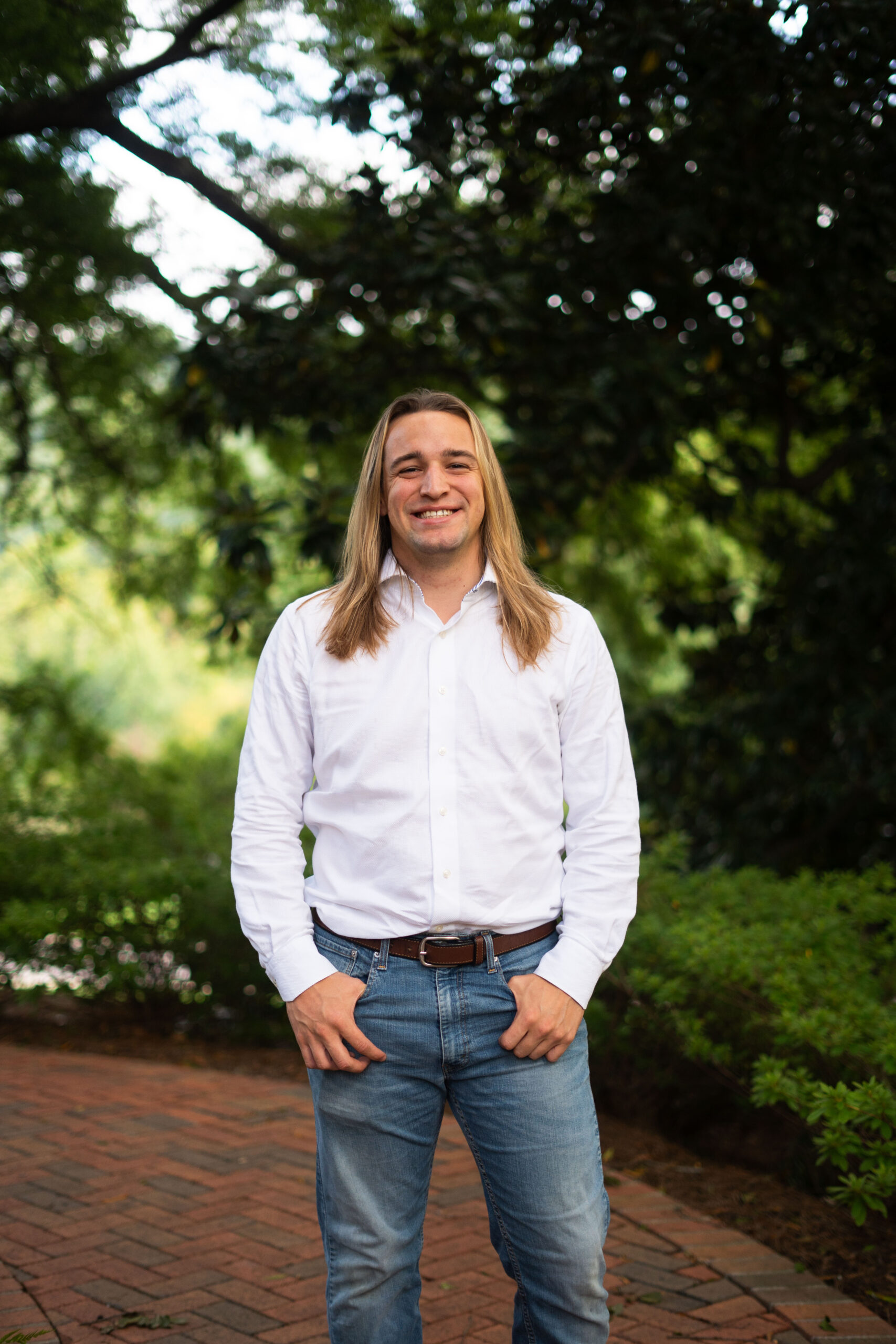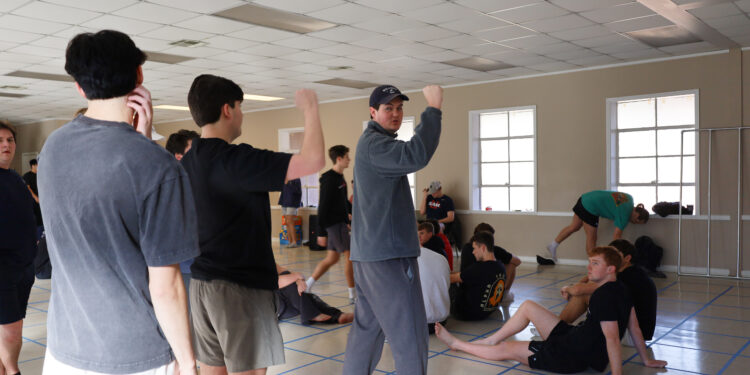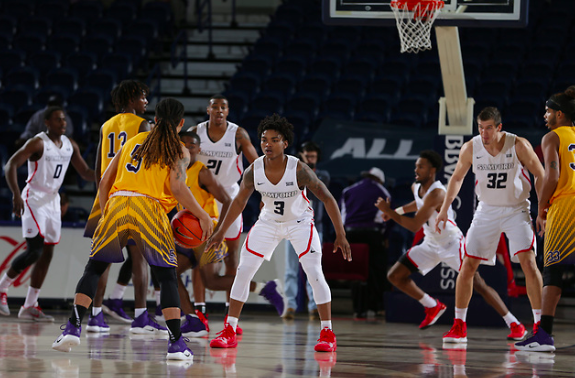If tradition stands this year, Step Sing will likely be judged by various professionals in theatre, choreography, dance, voice, choir, production and more. However, students and show attendees will not know the shows’ judges until the shows are performed for general audiences.
In line with the culture of secrecy during Step Sing season, Brittany C. Kennemur, assistant director of student activities and events, noted that they are not able to share any information about this year’s judges until it is in the program on Thursday night. This includes sharing information with directors and performers.
In the past three years, around 40 different individuals have judged Step Sing, often being exceptionally qualified in theatre, choreography, dance, voice, choir, production and more.
These judges have held a plethora of degrees in the arts. They have also held various positions in the arts and received national and international recognition.
Judges have also included many Samford alumni, previous Step Sing directors and participants and current and previous Samford faculty.
With a wide range of qualifications in the fields relevant to Step Sing, judges have consistently brought a variety of informed perspectives to the scoring of Step Sing performances.
Professor Steven Potaczek, a previous judge of multiple Step Sing shows and director of the commercial music program at Samford, played a crucial role in bringing in such acclaimed judges through his connections in the performance industry.
“I am not judging this particular nor privy to share any contact information about this year’s judges,” Potaczek said when asked about this year’s judges.
A few of the most notable judges of recent history are Simon Lythgoe, executive producer for American Idol, Chris Fryar, the drummer for Zac Brown Band and Jan Smith, a Grammy-nominated producer and multi-platinum certified vocal coach who has worked with Justin Bieber, Nicki Minaj, Usher, Shania Twain and Drake.
“Everyone I have ever judged with is at the highest level of experience.” Potaczek said, “I hear students say the judges don’t know what they’re talking about when I’m sitting next to Grammy winners, people who have worked with Disney and academics—people with crazy high qualifications.”
Judges have to sign commitments to be unbiased. They are informed on Step Sing history and sign various documents to preserve the integrity of the process. They are not informed about specific groups or previous winners going into the process, though the information is not hard to find.
“Even I, who have done it four years in a row, don’t remember,” Potaczek said, regarding previous winners.
During many shows, viewers and participants have expressed frustration about who the winners are.
“If there’s a disconnect, it would be that everyone there who is judging is legitimately professional in knowing what things constitute a great performance,” said Potaczek
Judging is a very quick process, with shows needing to be scored before the next group takes the stage. There are also no perimeters in the rubric that would allow judges to dock shows points for their content coming off as not family friendly.
Potaczek also highlighted how costuming is more important than it gets credit for, specifically thanking Mary Gurney, who handles Step Sing’s costuming and the “crazy amount of work” that she and her team does.
Step Sing judging can be a taboo subject with lots of people having opinions on what is considered a good Step Sing show. Given that Step Sing is such an important part of culture at Samford, some people believe that judges should be from the Samford culture rather than someone who is prevalent in the arts field.
“There’s pros and cons to any way you slice this,” Potaczek said. “Having a wider range of people could be helpful, but I think the intention is that we truly want to evaluate the highest caliber of excellence and not necessarily an opinionated take.”
There are other factions at Samford that find that people from Samford judging would have inherent biases during their interpretations of the show.
“The bias factor is more important than anything else,” Potaczek said regarding who judges the shows.

Staff Writer





